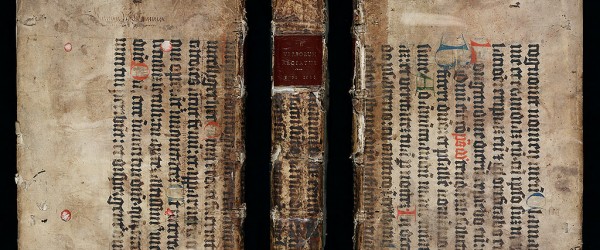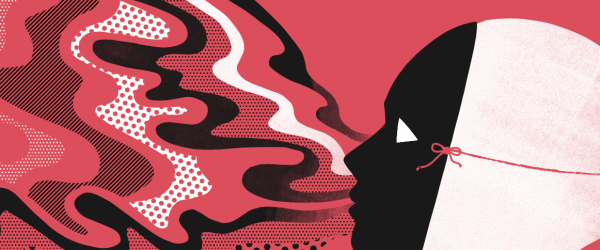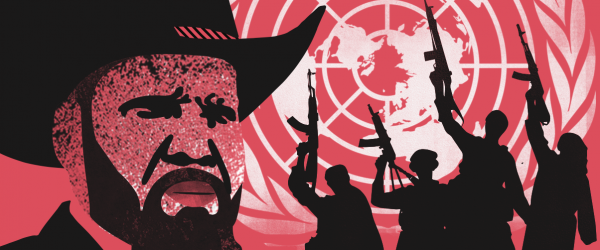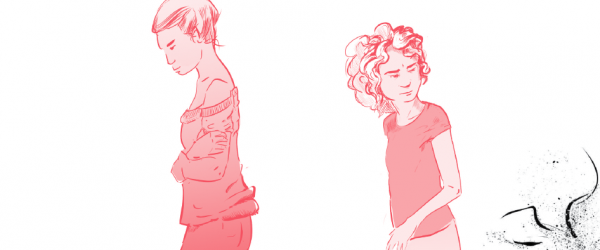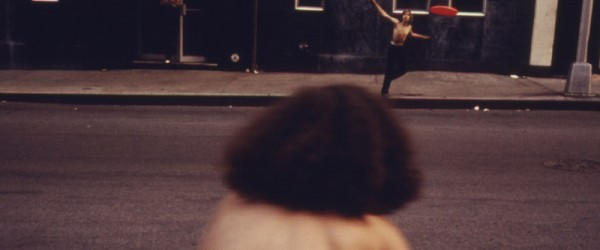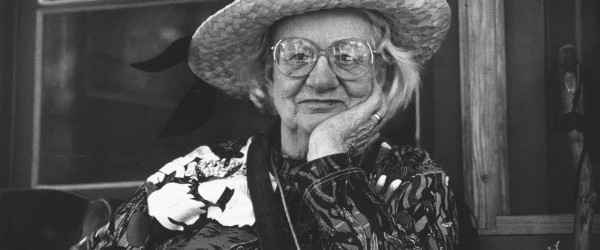
222 Autumn 2016
Buy this issue
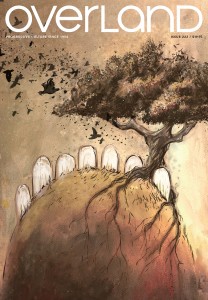
South Sudan five years after independence, race and racism in Australian poetry, the mass industrialisation of meat and a history of police involvement in crime television. Plus outstanding original fiction and the finalists of both the Judith Wright Poetry and the Neilma Sidney Short Story prizes.
Issue Contents
Regulars
Alison Croggon
Giovanni Tiso
Natalie Harkin
Mel Campbell
Vane Lindesay
Features
Andrew Nette and Dean Brandum
AJ Carruthers, Elena Gomez, Jinghua Qian and Samuel Wagan Watson
Maxine Beneba Clarke
Antony Loewenstein
Stephanie Convery
Ben Brooker
Fiction
Toby Sime
Alice Pung, Ellen van Neerven and Stephanie Convery
Lauren Foley
Jack Latimore
Jo Langdon
Elizabeth Tan
Editorial
Jacinda Woodhead
Poetry Prize
Jakob Ziguras
Ella OKeefe
Omar Sakr
Peter Minter and Toby Fitch
Browse the issue:
Features
Fiction
Editorial

